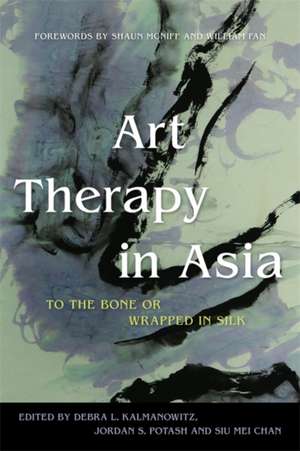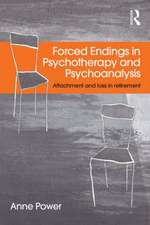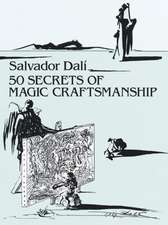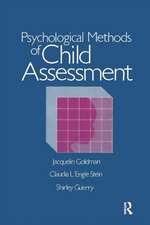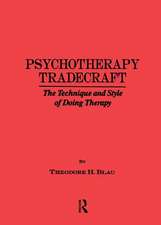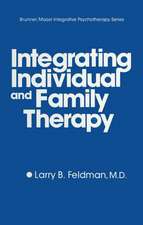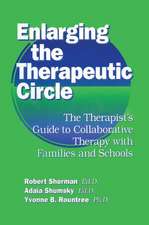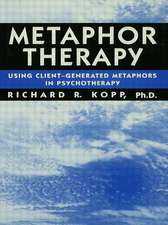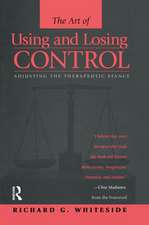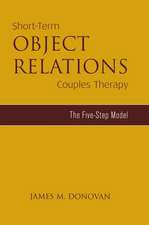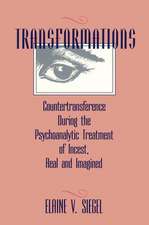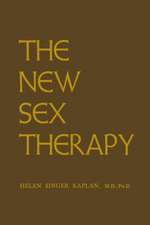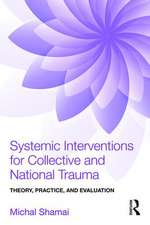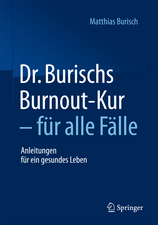Art Therapy in Asia
Editat de Debra Kalmanowitz, Jordan S. Potash, Siu Mei Chanen Limba Engleză Paperback – 14 apr 2012
Preț: 228.11 lei
Preț vechi: 306.79 lei
-26% Nou
43.65€ • 45.41$ • 36.04£
Carte disponibilă
Livrare economică 25 martie-08 aprilie
Specificații
ISBN-10: 1849052107
Pagini: 390
Ilustrații: 54 black and white
Dimensiuni: 152 x 230 x 22 mm
Greutate: 0.48 kg
Ediția:New.
Editura: JESSICA KINGSLEY PUBLISHERS
Notă biografică
Debra Kalmanowitz, MA, RATh, is a registered art therapist (UK), a Research Postgraduate of the Department of Social Work and Social Administration, and a Honorary Clinical Associate of the Centre on Behavioral Health, University of Hong Kong. She has worked extensively in the context of trauma, political violence, and social change. Debra is the co-author of The Portable Studio: Art Therapy and Political Conflict: Initiatives in the former Yugoslavia and South Africa and the edited book Art Therapy and Political Violence: With Art, Without Illusion. Jordan S. Potash is a registered and board-certified art therapist and licensed creative art therapist in the USA. He is a teaching consultant and expressive arts therapy coordinator at the Centre on Behavioral Health, University of Hong Kong. He is a past chair of the Multicultural Committee of the American Art Therapy Association and a member of the faculty at The George Washington University. Siu Mei Chan has a Master's degree in social work from Hong Kong Baptist University, as well as a Master's degree in art psychotherapy from Goldsmith's College, University of London, UK. Siu Mei works clinically as an art psychotherapist for children and adolescents with emotional and mental health difficulties in the Boys' and Girls' Clubs Association of Hong Kong and is the vice president of the Hong Kong Association of Art Therapists.
Descriere
As art therapy rapidly makes its mark across Asia, this book documents how the field of art therapy is taking shape as both a profession and a discipline in this region. It looks at how art therapists in Asia are assimilating Western models and adapting them to create unique home-grown practices. Building on theory, research and practice that has been developed in the West, practitioners throughout Asia are creating innovative art therapy programs that reflect cultural diversity and draw on ideas from Chinese medicine and Eastern philosophy, spirituality and art traditions. With chapters from leading art therapists and community artists in Hong Kong, Taiwan, Japan, Korea, Cambodia, Thailand, China, India and Singapore, this book pulls together thought-provoking perspectives and effective approaches that both East and West can learn from. The first of its kind, this book will be an informative and inspiring addition to the bookshelves of all art therapy professionals and students, as well as anyone with an interest in Eastern cultures and cross-cultural working.
